Chief Moshood Kashimawo Olawale Abiola remains one of the most iconic and controversial figures in Nigeria’s modern political and democratic history. As a businessman, philanthropist, and the presumed winner of Nigeria’s most credible election, his legacy transcends politics and touches the soul of the Nigerian nation.
Here are 20 essential things to know about Chief MKO Abiola, written with a historian’s lens:
1. Kashimawo Means “Let Us Wait and See”
At birth, Abiola’s parents delayed naming him for over two months due to the deaths of previous children. Thus, he was given the name Kashimawo, meaning “let us wait and see” in Yoruba.
2. Born into Poverty
Abiola was born on 24 August 1937 in Abeokuta, Ogun State, into a humble background. His father was a produce trader and his mother a petty trader.
3. First Business at Age 9
To support his family, young Abiola began selling firewood and later started his own band, earning money for his education.
4. Excelled Academically and Spiritually
He attended the Baptist Boys’ High School, Abeokuta, and was known for his brilliance and leadership qualities. He was also deeply religious, memorising large parts of the Qur’an at an early age.
5. Studied Abroad with Distinction
He won a scholarship to study Accountancy at the University of Glasgow, Scotland, and graduated with honours. He became a qualified Chartered Accountant in the UK.
6. Rose to Prominence at ITT
Abiola became the Vice President for Africa and Middle East at International Telephone & Telegraph (ITT), becoming one of Nigeria’s wealthiest and most influential businessmen.
7. Married Many Wives, Had Many Children
He reportedly had over 40 children and multiple wives, including notable figures such as Kudirat Abiola, who herself became a martyr for democracy.
8. A Major Philanthropist Across Africa
MKO donated generously to education, religion, and the arts. He built schools, mosques, and churches across Nigeria, earning love and admiration nationwide.
9. Loved by Both Muslims and Christians
Despite being a devout Muslim, he supported Christian causes and funded churches. This religious inclusivity made him respected across both faiths.
10. A Publisher and Media Mogul
Abiola established Concord Press, which published National Concord and Sunday Concord, among Nigeria’s leading newspapers at the time.
11. Entered Politics with the Social Democratic Party (SDP)
He joined politics in the 1980s and eventually contested the 1993 presidential election under the SDP, one of the two political parties created by the military.
12. Won the Historic June 12, 1993 Election
Abiola won the election against NRC’s Bashir Tofa in what was widely regarded as Nigeria’s freest and fairest election. The results were, however, annulled by General Ibrahim Babangida.
13. Became a Symbol of Resistance
Following the annulment, MKO became a central figure in the pro-democracy movement, representing the struggle for civil rule and electoral justice.
14. Declared Himself President in 1994
A year after the election, Abiola declared himself the rightful president of Nigeria. This act of defiance led to his arrest by the military regime of General Sani Abacha.
15. Detained for Four Years Without Trial
He was imprisoned from 1994 to 1998 in solitary confinement under inhumane conditions, despite widespread international calls for his release.
16. His Wife Kudirat Was Assassinated
Kudirat Abiola, his most vocal wife and staunch supporter of the June 12 mandate, was gunned down in Lagos in 1996, a killing linked to state operatives.
17. Died Under Mysterious Circumstances
Abiola died on 7 July 1998, the very day he was scheduled to be released, a month after General Abacha himself had died. His death stirred international concern and suspicion.
18. Posthumously Awarded GCFR
In 2018, President Muhammadu Buhari posthumously awarded Abiola the Grand Commander of the Federal Republic (GCFR), Nigeria’s highest honour.
19. Abuja Stadium Renamed in His Honour
The National Stadium in Abuja was renamed the Moshood Abiola National Stadium as part of efforts to immortalise his legacy.
20. Legacy Lives Through June 12
Today, 12 June is commemorated as Nigeria’s official Democracy Day—a tribute to Abiola’s sacrifice and a reminder of Nigeria’s ongoing democratic journey.
Chief MKO Abiola was not just a man of wealth, but a man of the people. His life remains a profound example of courage, conviction, and the cost of democracy. In remembering him, we also reflect on Nigeria’s unfinished promise of justice and freedom for all.






























































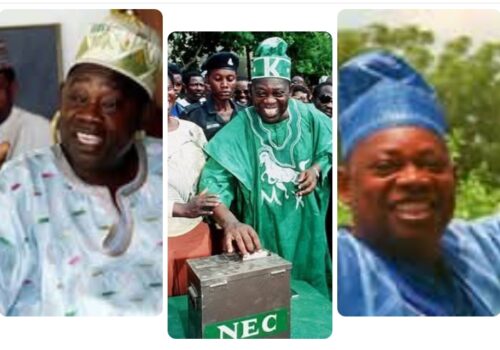




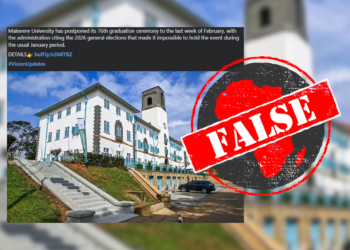
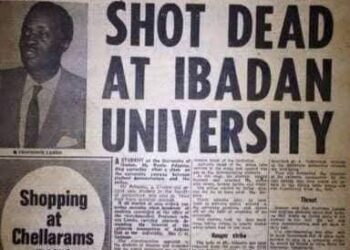
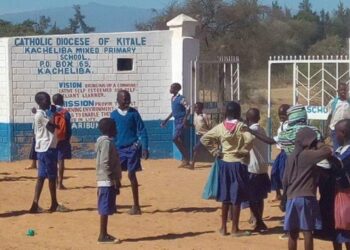
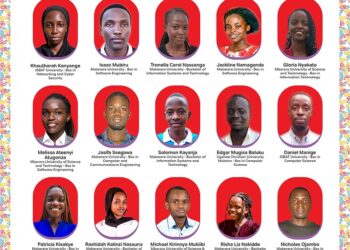
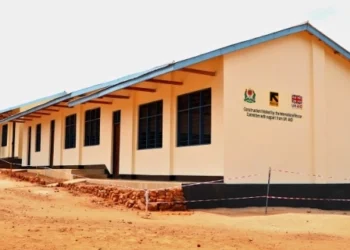










 EduTimes Africa, a product of Education Times Africa, is a magazine publication that aims to lend its support to close the yawning gap in Africa's educational development.
EduTimes Africa, a product of Education Times Africa, is a magazine publication that aims to lend its support to close the yawning gap in Africa's educational development.